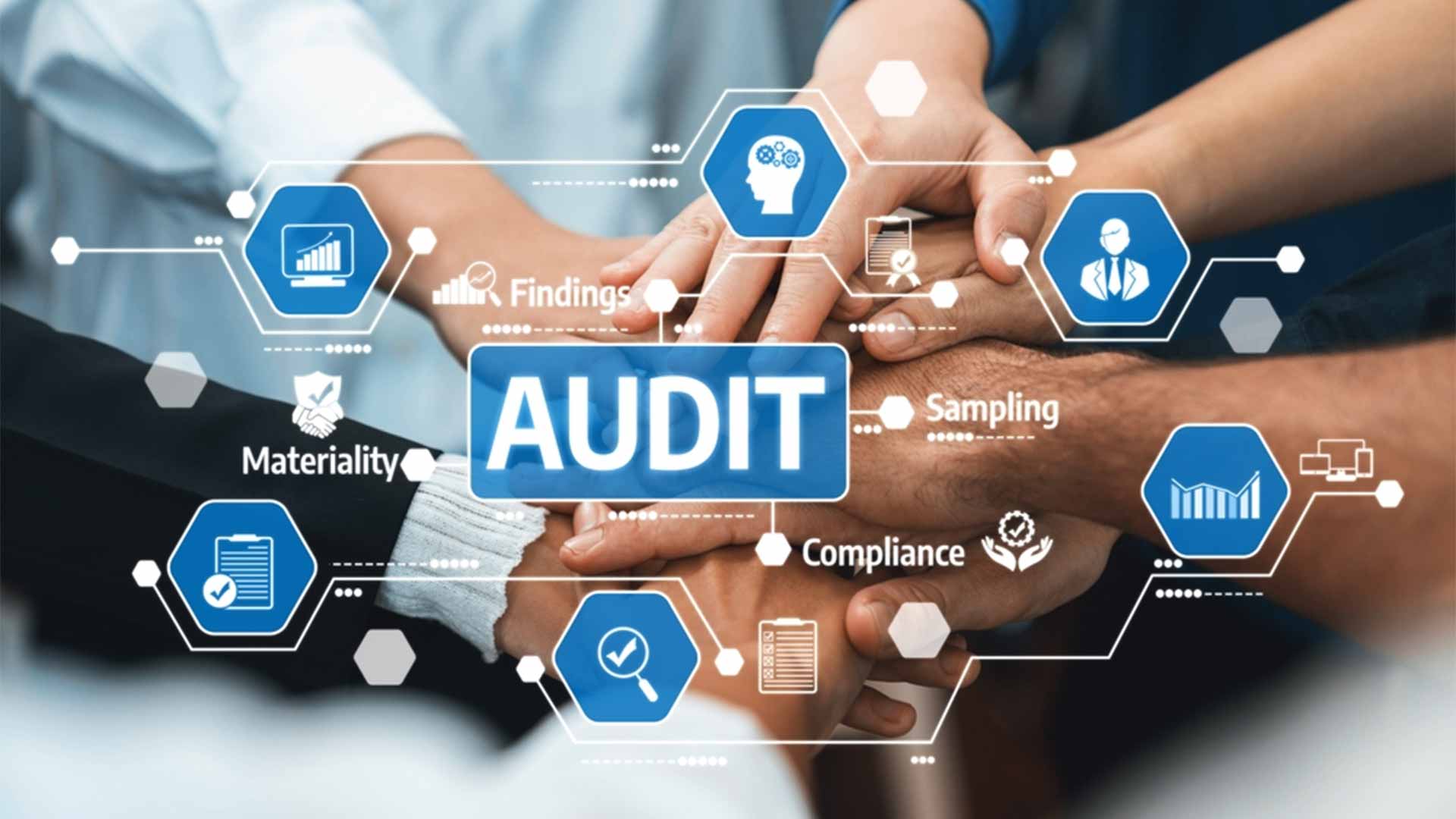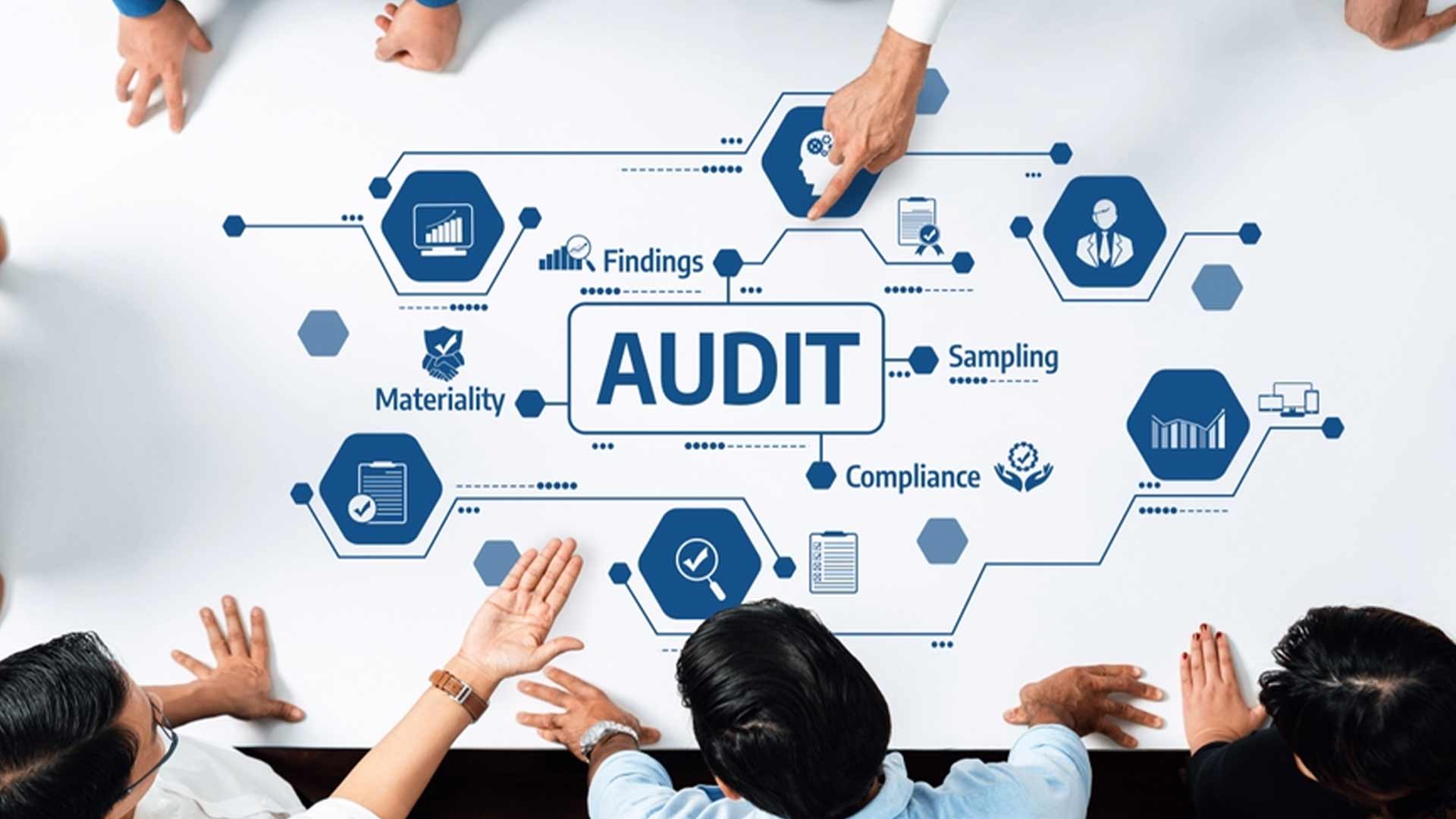One of the most important roles of internal auditing tasks is that they do not only focus on detecting errors or performing control functions, they go far beyond that to include process analysis, risk assessment, and offering recommendations to enhance both operational and financial efficiency while improving managerial decision-making and institutional performance.
At Al-Hamli & Partners, Certified Public Accountants and Auditors, we strongly believe in the importance of internal auditing and its impact on a company both internally and externally. We provide comprehensive internal auditing services through evaluating internal control systems, analyzing financial performance, and identifying potential risks to prevent them.
The Role of Internal Auditing Tasks in Reducing Operational Risks
Operational risks are among the most significant challenges companies face. These risks arise from daily operations and administrative processes within the organization, such as human errors, weak control systems, poor resource management, or even technological risks.
Here comes the importance of internal auditing as a key component in achieving a secure and stable work environment. Among the most essential internal auditing tasks that help address these operational risks are:
- Evaluating internal control systems, ensuring that the established procedures and policies are effective and reliable in detecting issues before they escalate.
- Analyzing financial and administrative performance, reviewing operational processes to identify weaknesses, and providing practical recommendations for improvement.
- Risk management, contributing to building an integrated system for managing operational risks, and setting up mechanisms to handle emergencies.
- Ensuring compliance with accounting standards and corporate governance, as internal auditing service works to achieve transparency, fairness, and accountability within the organization. For more information about our services, feel free to contact us at 0539300404.
What Do Companies Lose When They Neglect the Importance of Internal Auditing?

One of the key internal auditing objectives is to improve operational efficiency, strengthen corporate governance principles, and ensure compliance with laws and accounting standards. Through performing internal auditing tasks, internal systems and procedures are examined to identify weak points and provide recommendations that can enhance the overall performance of the organization.
The main losses resulting from neglecting internal auditing include:
- Increased risk of manipulation and fraud, without internal auditing, financial operations lack sufficient monitoring. Here lies the importance of the internal auditor’s tasks in analyzing, monitoring, and identifying such errors before they occur.
- Decline in financial and administrative efficiency, without performance follow-up, companies lose the ability to improve productivity and reduce costs.
- Failure of the corporate governance system, governance represents the framework that defines the relationship between the board of directors, shareholders, and executive management.
- Non-compliance with laws and regulatory guidelines such as the Corporate Governance Regulations or the Unified Regulation for Internal Audit Units, which can expose the company to legal violations, financial penalties, and sanctions from regulatory bodies.
Has Internal Auditing Become a Necessity in the Era of Digital Transformation?
Initially, internal auditing focused mainly on verifying financial records and paper documents. However, today its role has evolved to include evaluating digital systems, ensuring data security, and monitoring compliance with technologies like artificial intelligence, cloud computing, and blockchain.
Therefore, the general administration of internal auditing in companies now faces a significant challenge, the need to utilize advanced digital tools capable of analyzing massive amounts of data and identifying potential risks quickly and accurately.
But why has this become so crucial in the current age of digital transformation?
- Due to the growing cybersecurity threats such as hacking, data breaches, and data loss. Here, the role of internal auditing management is to assess cybersecurity systems and establish controls to protect the company’s digital assets.
- To ensure data integrity and analysis, which enhances the quality of managerial decisions.
- To achieve the internal auditing objectives in a technologically advanced environment through the use of intelligent analytics tools and digital reporting systems.
Also Read:
- Best Chartered Accountants and Auditors Companies in Saudi Arabia 2025
- Why Do Large Companies Rely on Accounting Firms in Riyadh?
- Practical Steps to Improve Your Company’s Organizational Structure Through Management Consulting Services
- How Accounting Standards Help You Make More Accurate Financial Decisions
- Your Comprehensive Guide to Understanding the Tax and Zakat System Step by Step
- The Role of Governance Goals in Attracting Investors and Enhancing Financial Performance
- What Is the Definition of Financial Accounting and Its Importance in Business Success?
What Distinguishes Al-Hamli & Partners’ Services in the Field of Internal Auditing Tasks?
We take pride in being one of the biggest accounting firms in Saudi Arabia and one of the leading offices specializing in the internal auditing and consulting sector, such as corporate governance and internal organization consulting, and financial and economic consulting.
Thanks to our professional methodology and extensive experience in the general administration of internal auditing and internal auditing tasks, we have a specialized team of certified public accountants and auditors with deep expertise in applying internal auditing standards in accordance with the Unified Regulation for Internal Audit Units approved in Saudi Arabia.
Our services also help enhance corporate governance efficiency by developing the company’s internal systems and identifying potential operational risks. Our team conducts performance analyses and provides actionable recommendations that enable management to make data-driven decisions, reinforcing transparency and accountability within the organization.
Moreover, our services extend beyond internal auditing management to include company incorporation services, financial statement evaluation, tax and zakat services, and local content service. For more information about our services, feel free to contact us at 0539300404.
Conclusion:
Improving work quality and efficiency within organizations is one of the key internal auditing tasks. Internal auditing is not merely a control tool; it is a comprehensive framework based on the Internal Auditing Regulation and the Unified Regulation for Internal Audit Units approved in Saudi Arabia. It ensures continuous development and institutional excellence amid digital and economic transformations.
The importance of internal auditing also lies in its ability to detect operational and financial risks early, helping management make strategic decisions based on accurate reports and reliable data.
That’s where our role comes in providing specialized solutions in financial consulting and corporate governance, while maintaining the highest quality standards to support companies’ growth and long-term sustainability.
Common Questions:
What does a Certified Public Accountants and Auditors office offer in the field of governance and internal auditing?
A Certified Public Accountants and Auditors firm like Abdullah Al-Hamli & Partners provides comprehensive services in corporate governance and internal auditing, including evaluating control systems, improving internal management efficiency, and ensuring compliance with governance regulations and professional standards approved in Saudi Arabia.
How to choose a reliable financial consulting firm in Saudi Arabia?
It is recommended to select a financial consulting firm that has a certified team of financial advisors and a solid record in financial analysis and reporting such as Al-Hamli & Partners, with proven experience in corporate governance and internal auditing management to ensure financial stability and sustainable growth. For more information, contact us at 0539300404.
How does the general administration of internal auditing improve financial performance?
It does so by evaluating risks, enhancing control systems, and monitoring financial and administrative compliance, thus improving efficiency and achieving the internal auditing objectives in line with the Unified Regulation for Internal Audit Units.
What international standards do institutions rely on to implement corporate governance?
Organizations depend on the corporate governance standards issued by the OECD and Saudi regulatory authorities, which include principles of transparency, accountability, and effective auditing, along with compliance with the Corporate Governance Regulations to strengthen investor and management confidence.
For more information, contact us at 0539300404.


